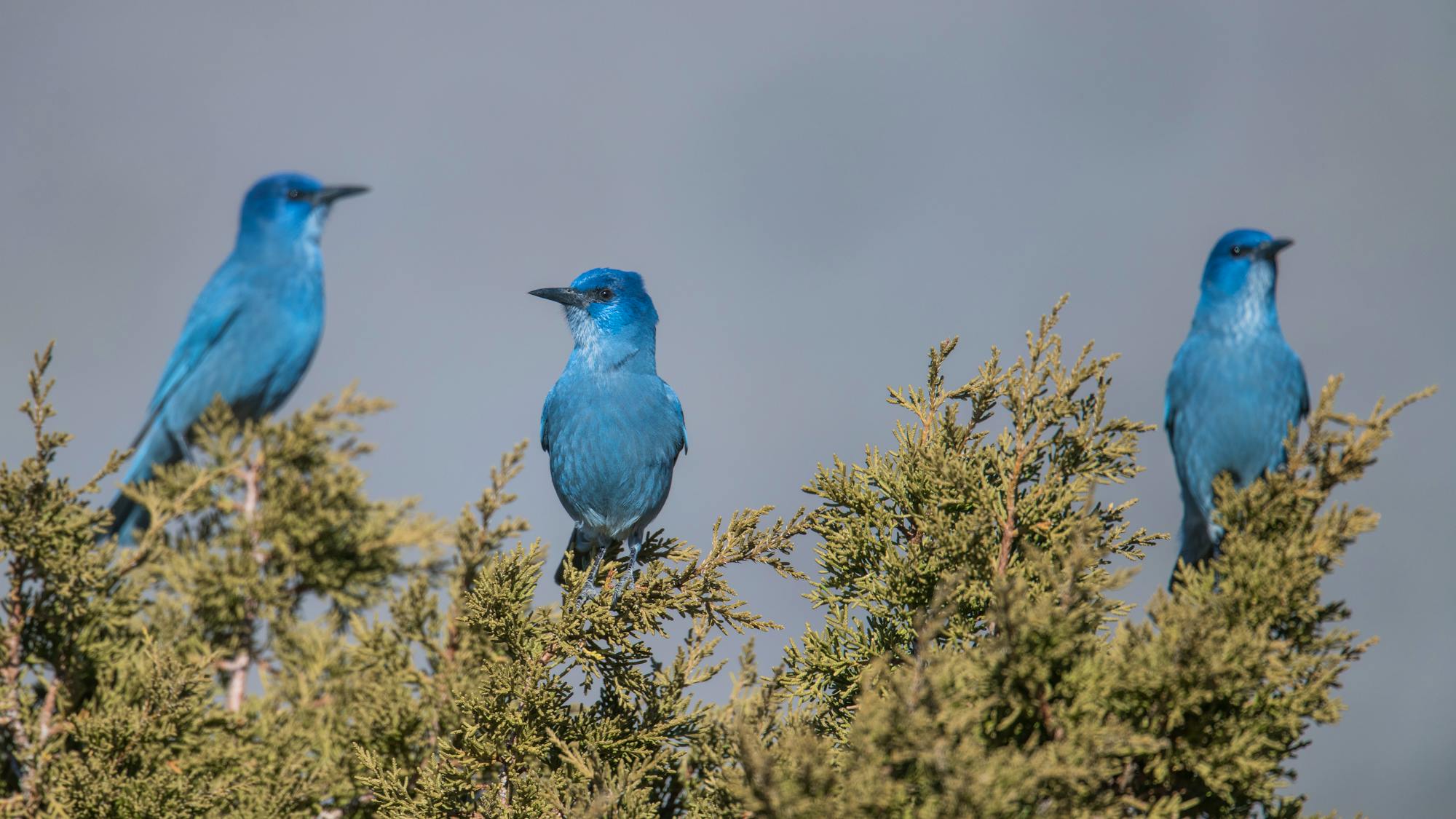The U.S. Fish and Wildlife Service has quietly punted the next phase to federally protect the Pinyon Jay under the Endangered Species Act to 2028 – adding another four years to a delayed process that began in 2022. Defenders of Wildlife once again calls on FWS to urgently assess Pinyon Jay status before its population drops to irreparable numbers.
"The Pinyon Jay is another victim of chronic underfunding of the ESA and FWS’s choice to avoid and delay rather than address threats to pinyon jay and piñon pines,” said Peggy Darr, Defenders of Wildlife New Mexico representative. “The FWS must move forward now with a final decision that protects the pinyon jay and its habitat under the ESA or risk losing the animal altogether.”
In April 2022, Defenders of Wildlife petitioned FWS to protect the pinyon jay under the ESA. More than one year after missing its deadline to produce a 12-month species review as part of the federal listing process, FWS has now announced it does not intend to complete the review until 2028.
For over 75 years, Defenders of Wildlife has remained dedicated to protecting all native animals and plants in their natural communities. With a nationwide network of nearly 2.1 million members and activists, Defenders of Wildlife is a leading advocate for innovative solutions to safeguard our wildlife for generations to come. To learn more, please visit https://defenders.org/newsroom or follow us on X @Defenders.
Media Contact
News

Defenders, Conservationists Celebrate Female Mexican Gray Wolf Movement




